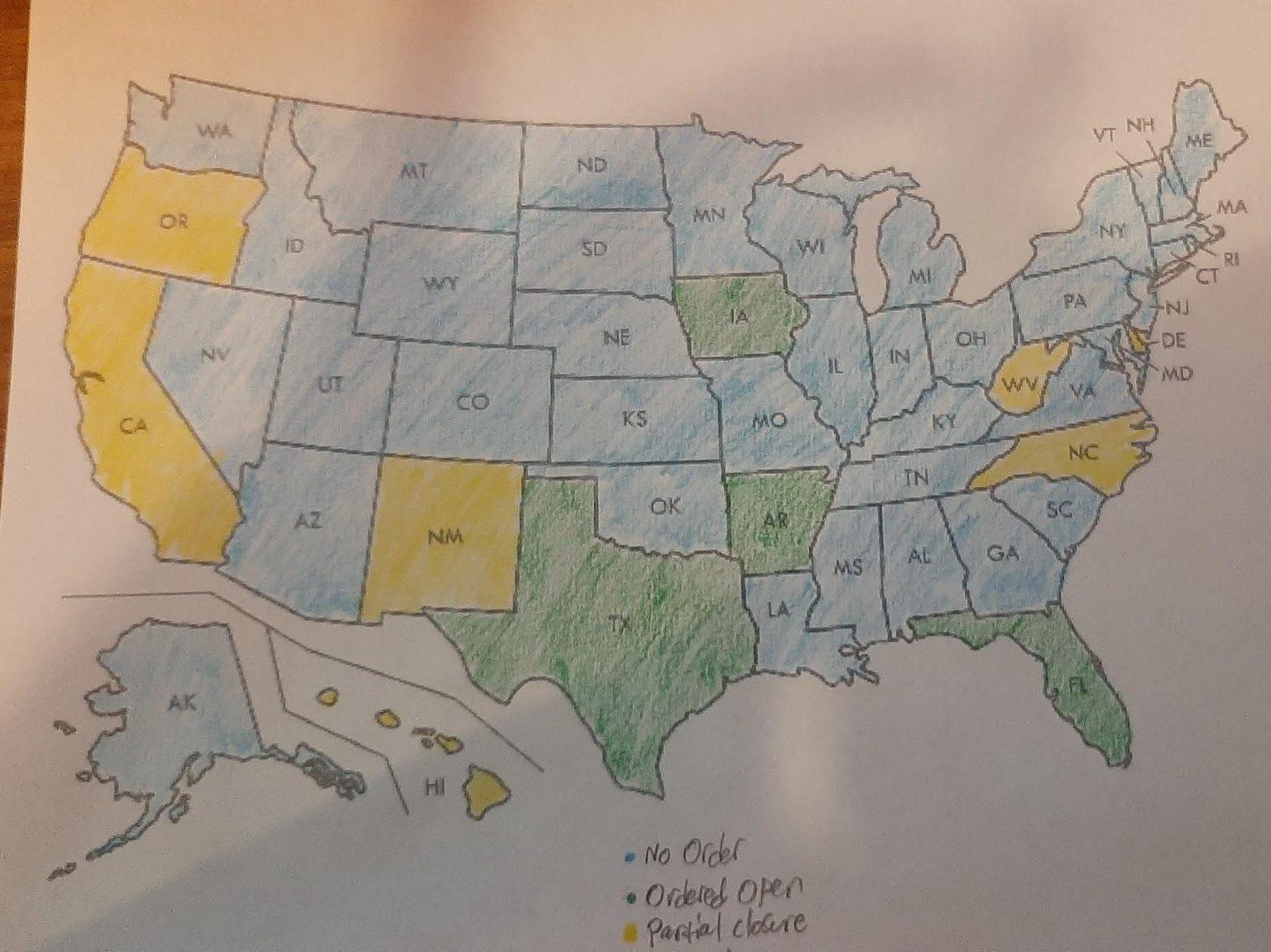
As we draw ever closer to the end of semester one, and the switch of classes (although we here at the Post will continue to operate), a question on a lot of upperclassmen’s minds regards the Advanced Placement (AP) tests. It is, simply put, “What is happening with the AP exams?” As some of you may remember, last year’s AP exams were shrouded in mystery and generally were not fun. The testing was done digitally, with a shortened version of the test distributed and made available across phones, tablets, and computers.
There were also issues with the submissions and the scoring of the tests, which resulted in many students not having their scores counted. These issues led to a class action lawsuit being filed on May 19, claiming “‘illegal activities’ including breach of contract, gross negligence, misrepresentation and violations of the Americans With Disabilities Act,” according to a Washington Post article. Many issues resulted from spotty wifi connections and issues with outdated browsers. The College Board responded by claiming the accusations were false, saying, “It is wrong factually and baseless legally; the College Board will vigorously and confidently defend against it, and expect to prevail,” in an article from Forbes Magazine.
The College Board’s plan for virtual testing this year feels very appropriate for 2021, especially in these academically difficult times. They intend to release a standard exam, which will take about 3 hours, in both an in-person format, and a digital format, and they have said they will allow the use of notes. It’s a confusing directive, and it’s also not helped by PPS’s use of a faux four-by-four schedule, in which we only meet with our classes twice a week, which means that less material is being covered. The exams will also be particularly difficult for students who are enrolled in the few AP classes that are scheduled for second semester, as they will have roughly three weeks fewer to learn all of the material and techniques required to do well.
The situation is not made easier by the lack of a consistent state of school. Varying levels of distance learning are in effect across the U.S., with some schools fully in person, some schools in a hybrid model, and some schools (like us) online. Rachel Draper, an AP World teacher at Franklin, says regarding the difference in prep scenarios, “To say that this exam would be fair for students no matter where they live or what their school situation is, I think is not accurate.”
And students don’t feel great about the testing either. Quintana Jones (11) says, “It’s unreasonable to expect full performance from students at a time when education across America looks drastically different… they are treating us like this year has been normal.” The College Board itself has had very little comment outside of adding more test dates for in person testing, and making a full-length at home test available, according to a tweet.
Luckily, steps are being taken, both at a school level, and on CollegeBoard’s end, to support students. On CollegeBoard’s end, they are providing more testing days and locations, for the people who will want to take the tests in person. According to a survey conducted by PPS’s testing coordinator, Anna Lortz, about 80 percent of students want to take the tests at home, so we may see more options for at-home testing. But even then, The College Board’s willingness to send out a three hour test has raised some eyebrows. “I just think about students’ internet connection, and all the problems last year,” says Draper. And students feel similarly. “It is not easy to type [an] essay in 40 minutes. It is harder still to write one by hand, with no easy editing and a far longer time per word spent plotting it on the page,” says Milo Ridenour (11), a student at Franklin. At the school level, AP teachers are hosting several review classes, and making materials available in order to help prep students and cover any curriculum they might have missed. Most science APs are getting a review class, and resources will be made available to everyone, regardless of whether or not people are taking the class.
AP classes are meant to be difficult, and the tests should reflect that. But difficulty looks different now, and so should AP testing.

































Ruth E Fox • Feb 5, 2021 at 3:45 pm
great article! 🙂